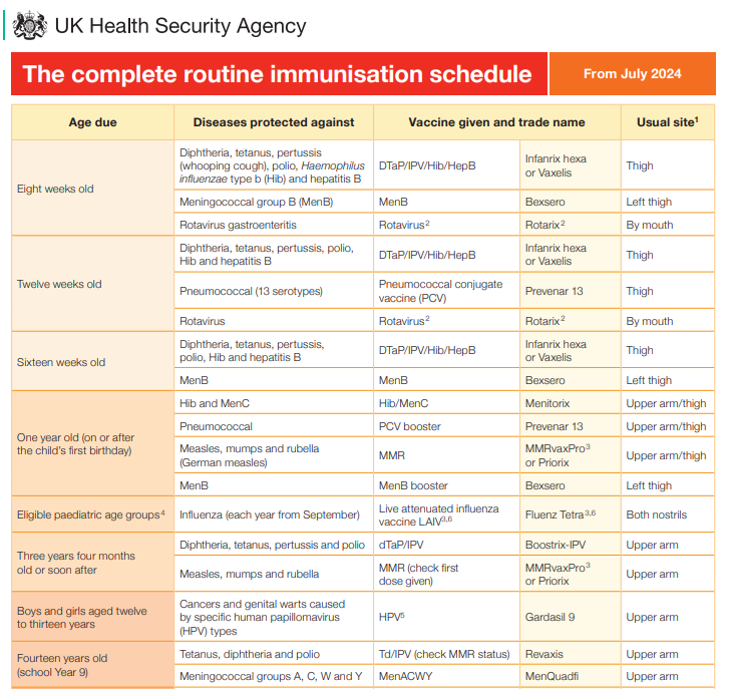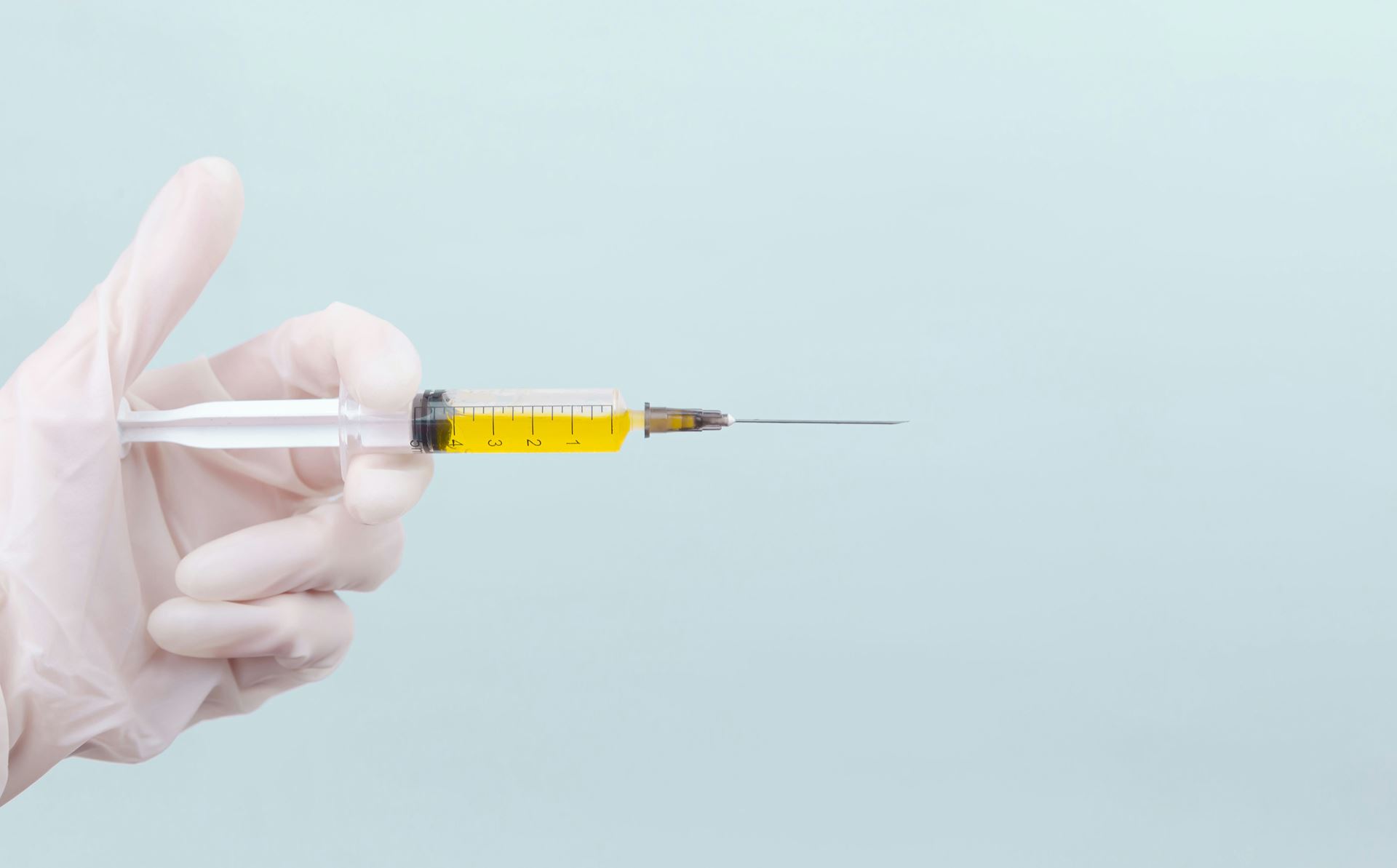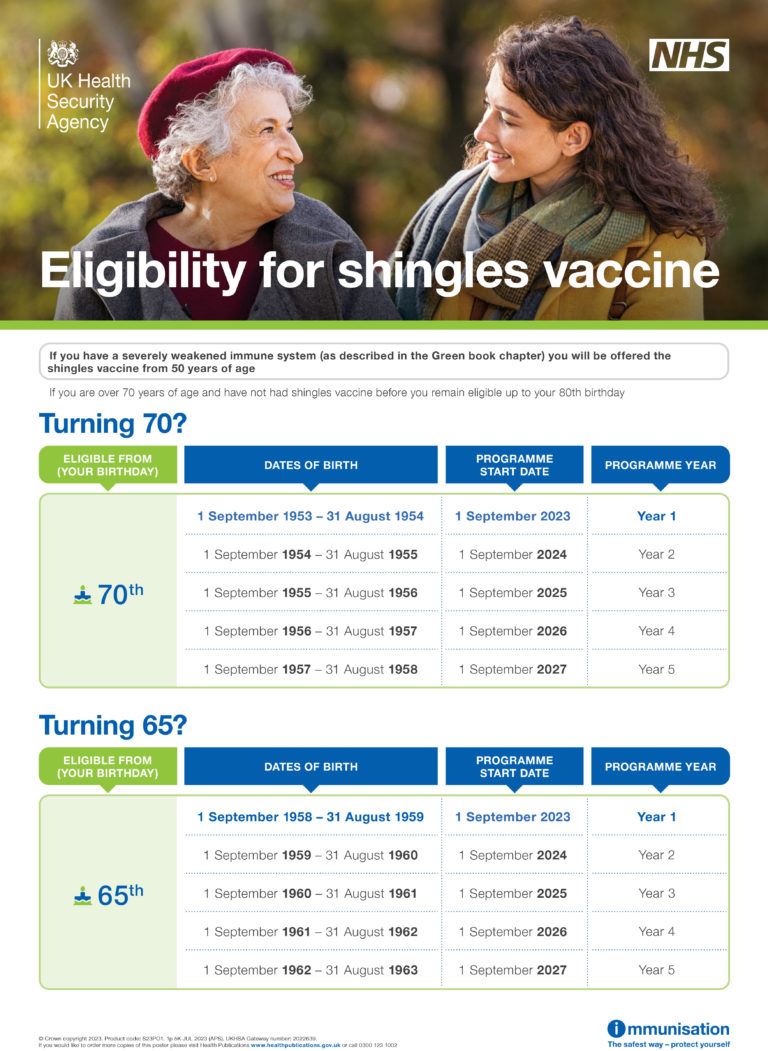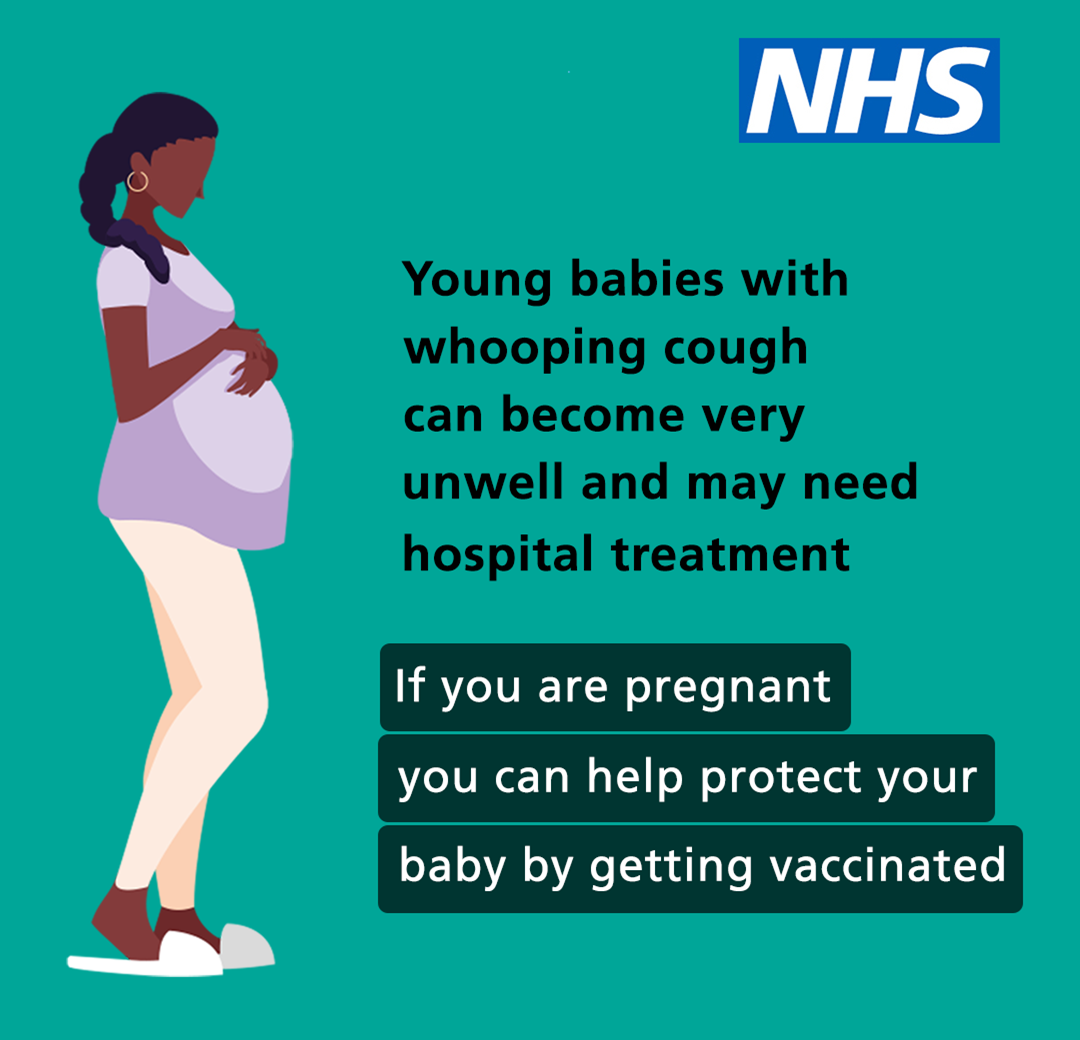Vaccines are the most effective way to prevent many infectious diseases. They are the most important thing we can do to protect ourselves and our children against ill health. They prevent millions of deaths worldwide every year.
Vaccines do:
- Help to protect you and your child from many serious and potentially deadly diseases.
- Protect other people in your family and community, by helping to stop diseases spreading to people who cannot have vaccines, such as babies too young to be vaccinated and those who are too ill to be vaccinated.
- Undergo rigorous safety testing before being introduced.
- Sometimes will cause mild side effects, that will not last long. You may feel slightly unwell and/or have a sore arm for 2 or 3 days.
Vaccines do not:
- Overload or weaken the immune system.
- Contain any ingredients that cause harm, only ingredients essential to making them safer and more effective.
For more information on why vaccinations are important, click here.



